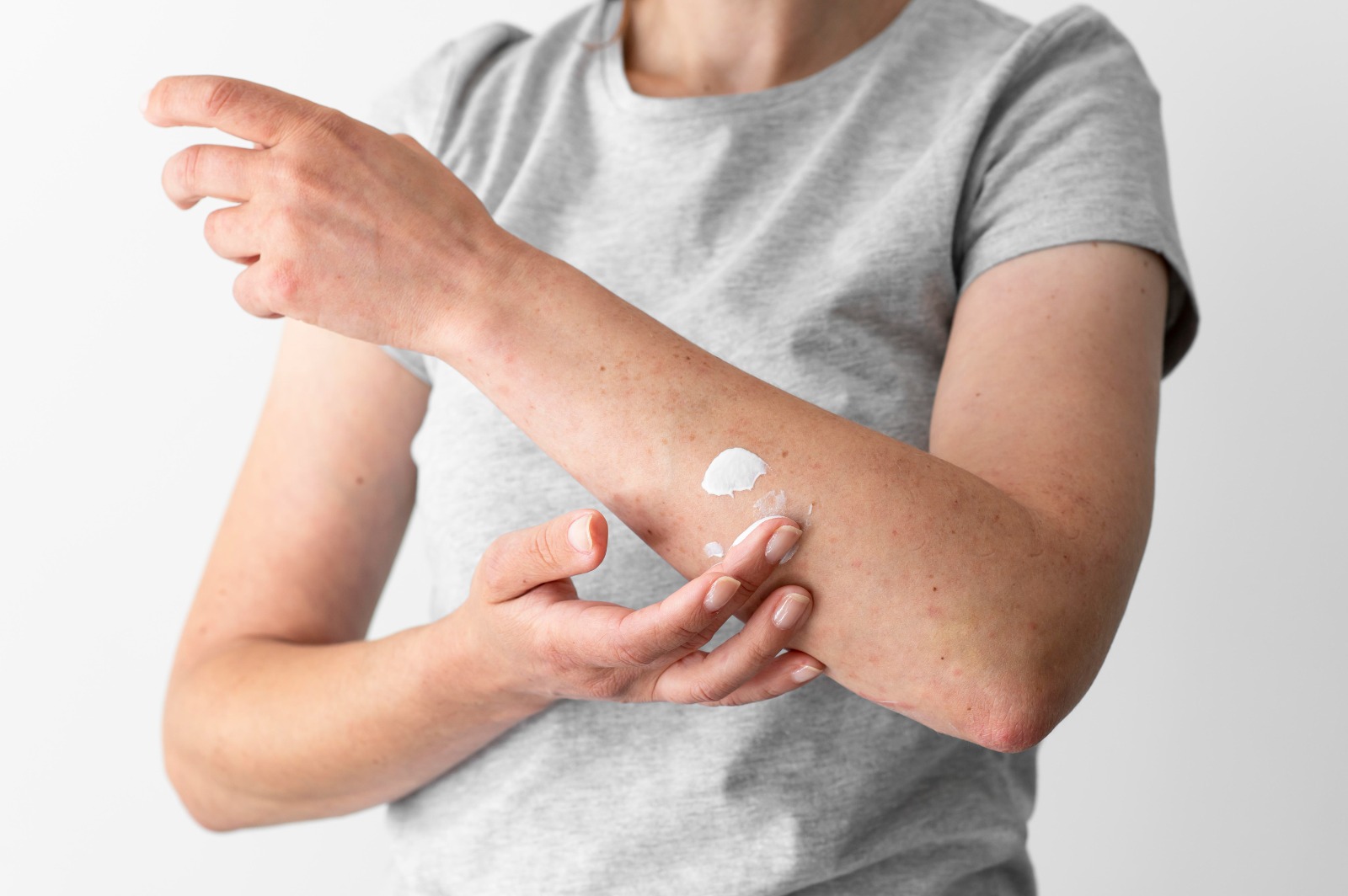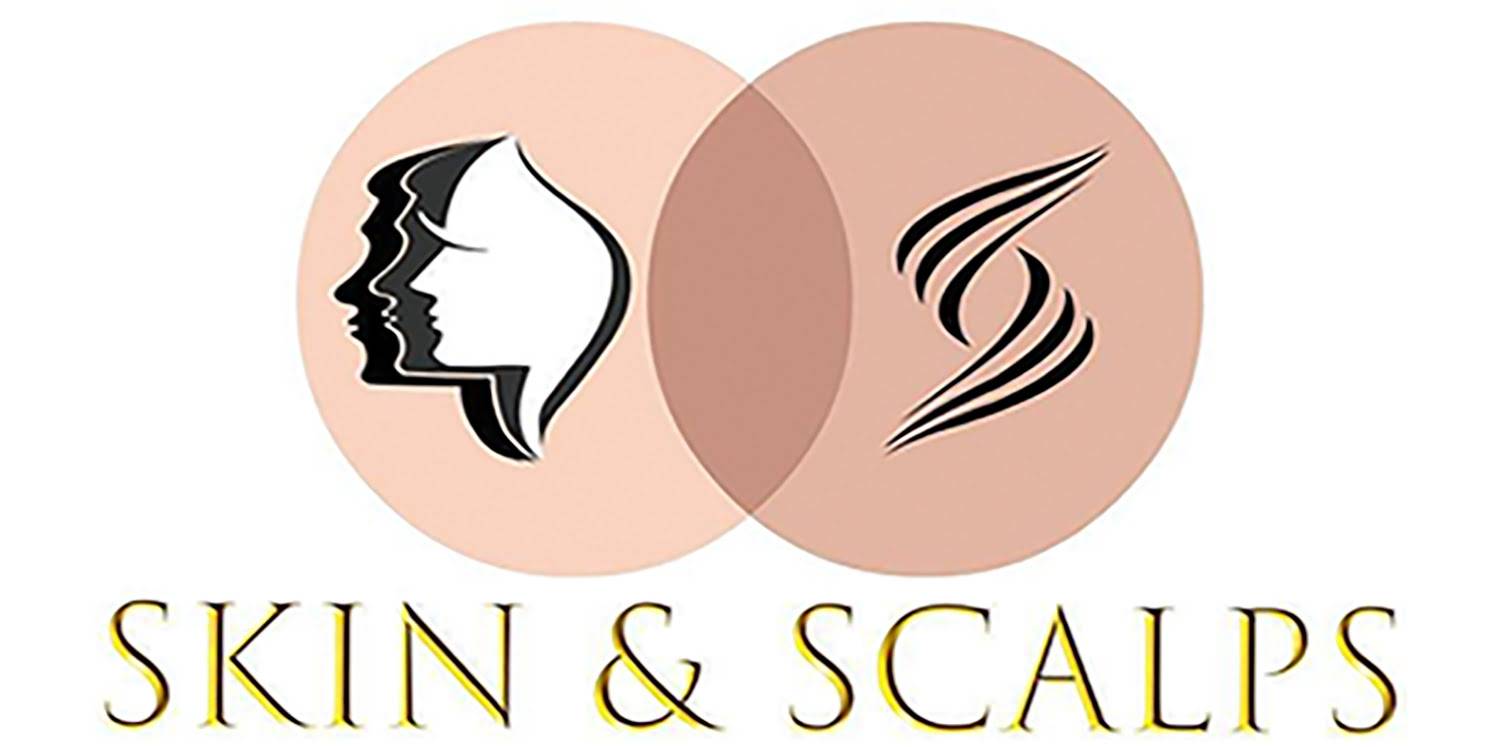Call Us: +91 7217211004 | +91 9175456781

Eczema – Atopic Dermatitis (Infant Skin Problems)
Struggling with eczema? Discover effective treatment options at Skin and Scalps clinic in Wakad, led by Dr. Sohana Sharma. Regain comfort and confidence with personalized eczema care. Book your appointment now!
A common skin condition, Atopic Dermatitis involves scratching often leading to redness, swelling, cracking, “weeping” of clear fluid, crusting, and scaling of the skin. Itchy rashes can be widespread or limited to a few areas.
Between 10 and 20 percent of people worldwide develop Atopic Dermatitis, making it the most common type of eczema. For an estimated 65 percent‚ Atopic Dermatitis begins during their first year of life, and 90 percent have the condition before age 5. While rare, Atopic Dermatitis can first appear at puberty or later.
What is Infantile Eczema?
Atopic Dermatitis beginning during infancy is called Infantile Eczema. In infants, the itchy patches tend to develop on the scalp and face, especially on the cheeks. For some children, the condition completely resolves by age two.
How does Eczema appear in later life?
Atopic Dermatitis also can be a lifelong condition. Fortunately, it tends to become less severe with age. During the teenage and young-adult years, the itchy patches often develop on the elbows and knees. Other common sites for these patches are the hands, feet, ankles, wrists, face, neck, and upper chest. Patches are not limited to these areas; they can appear anywhere on the body, including around the eyes and on the eyelids. In teens and adults, patches of Atopic Dermatitis are typically dry, red to brownish gray, and may be scaly or have thickened skin.
What is Hand Eczema?
Having —or having once had—Atopic Dermatitis increases the risk of developing hand Eczema. Some people who see their Atopic Dermatitis clear during adolescence develop hand Eczema as adults. About 50 percent of those who develop Atopic Dermatitis continue to experience skin inflammation as adults, often in the form of hand Eczema. Hand Eczema has many causes. Overexposure to an irritant, an allergic reaction, or a fungal infection can cause hand eczema. Since having — or having had— Atopic Dermatitis tends to leave one with a lifetime of dry, fragile skin, the skin is usually more susceptible to irritants, allergens, and fungal infections. Without proper diagnosis and treatment, hand Eczema can become long lasting, interfering with everyday activities
What is the treatment of Hand Eczema?
Treatment involves using medication as directed and making lifestyle changes. Hand Eczema can be stubborn. It may take months for the patches of red, scaly, and inflamed skin to heal. For hand Eczema to resolve, patients must continue using the medication as directed, keep appointments with the dermatologist, and not get discouraged. Eczema/Atopic Dermatitis
How can the risk of developing Hand Eczema be lessened?
* Protect hands against soaps, cleansers, and other chemicals by wearing gloves.
* Use lukewarm water and very little soap when washing the hands
* To keep hands soft and supple, apply the dermatologist-recommended product frequently throughout the day.
Can certain foods be the cause of Atopic Dermatitis?
Several studies suggest that certain foods can worsen Eczema. Studies show that eliminating the culprits from a child’s diet often leads to dramatic improvements within a short time. Before eliminating foods from a child’s diet, be sure to discuss the plan with a dermatologist. Some elimination diets can cause children to suffer from severe nutritional deficiencies.
Are any environmental causes important in developing Atopic Dermatitis?
Many everyday objects can irritate the skin and cause Atopic Dermatitis to flare. Wool and other fabrics that feel rough to the touch, juices from meats and fruits, jewellery, and even some lotions can worsen Atopic Dermatitis. Learn what irritates the skin and limit contact with these things. Eliminating contact with airborne substances provides little relief for Atopic Dermatitis but can be important in controlling hay fever and asthma.
Are any skin tests effective in finding the cause of Atopic Dermatitis?
Skin tests and blood tests can sometimes help to identify a food allergy, asthma, and hay fever. These tests are seldom helpful for identifying the cause of Atopic Dermatitis.
What should be done to treat this condition?
Consult a dermatologist as other skin conditions can resemble Atopic dermatitis. Medical research continues to show that the most effective treatment plan involves using a combination of therapies to treat the skin and making lifestyle changes to control flare–ups.
* Applying a corticosteroid or one of the newer immune–modifying medications to the skin can help reduce the inflammation and itch. Sometimes an antihistamine is beneficial. If the patient has an infection, which is common in patients with atopic dermatitis, an antibiotic will be prescribed. For severe cases, a dermatologist may recommend ultraviolet (UV) light therapy or another treatment.
* Lifestyle changes include frequently applying an appropriate moisturizer, avoiding certain clothing and using Eczema–friendly bathing techniques.
* Finding an allergy caused by food or something in the patient’s environment can be beneficial. Sometimes eliminating allergens brings great relief when combined with appropriate treatment and lifestyle changes.
Skin & Scalps is a world class center dedicated to skin care and specializes in housing an experienced Dermatologist, Dr. Sohana Sharma, who can provide world class Skin Treatments, for skin diseases and make your skin look beautiful.
